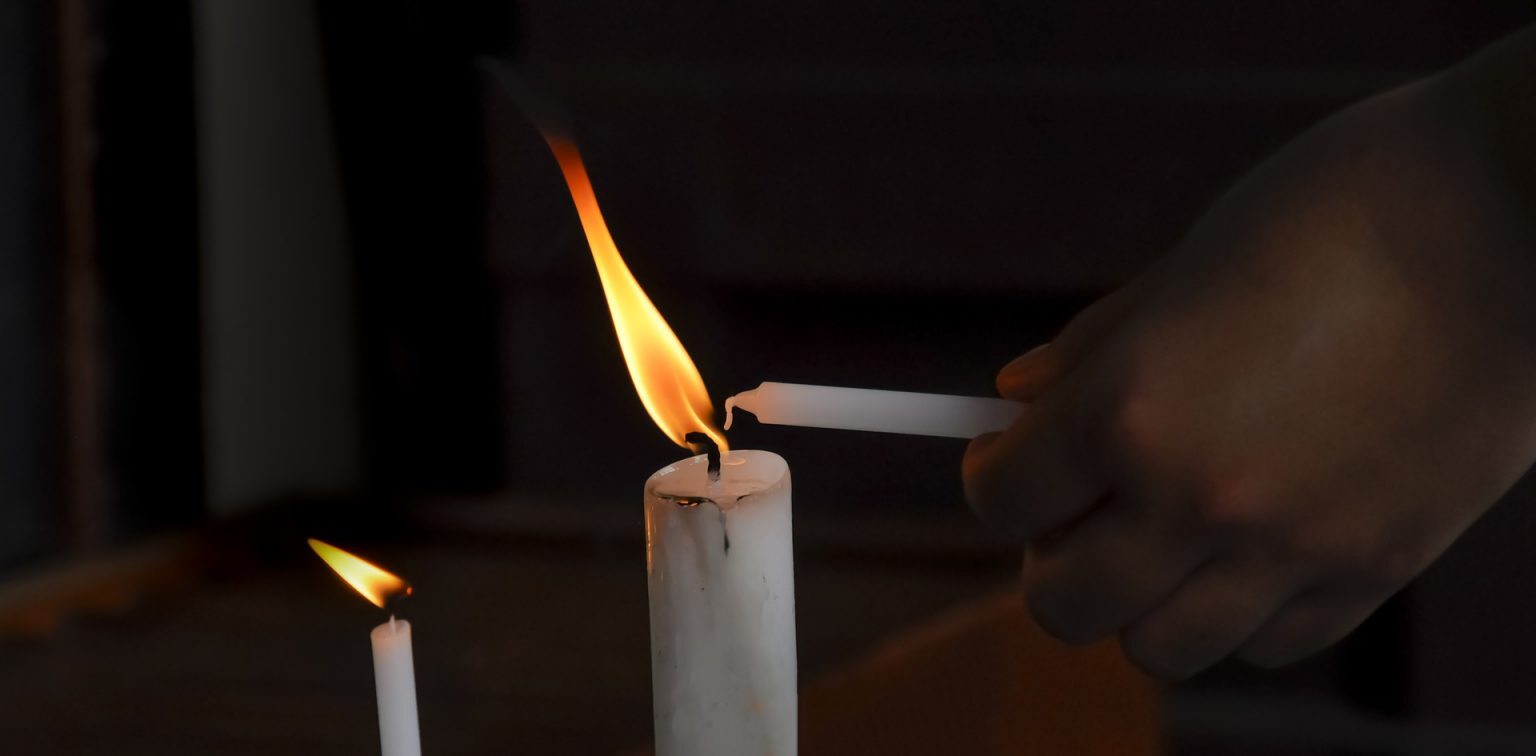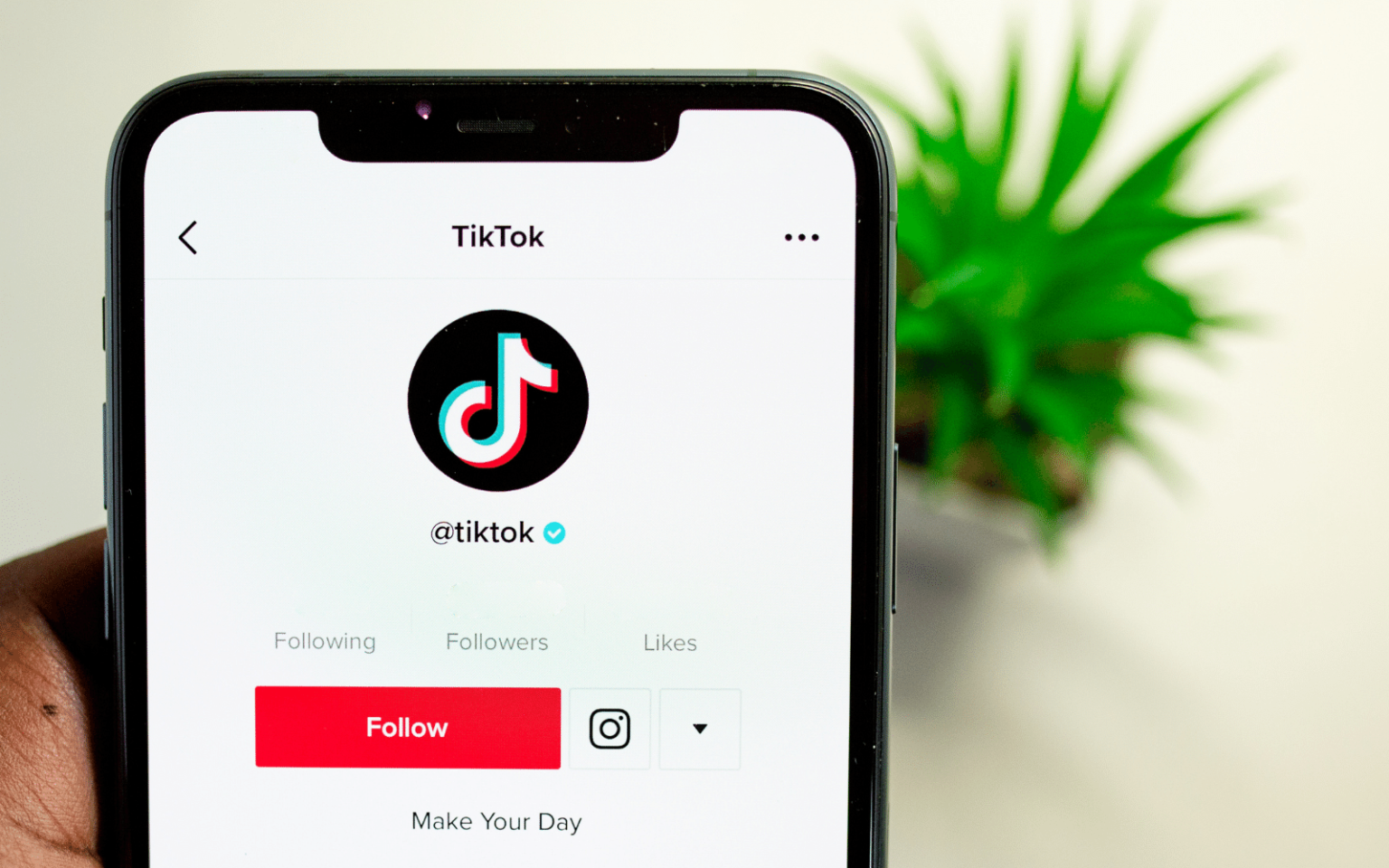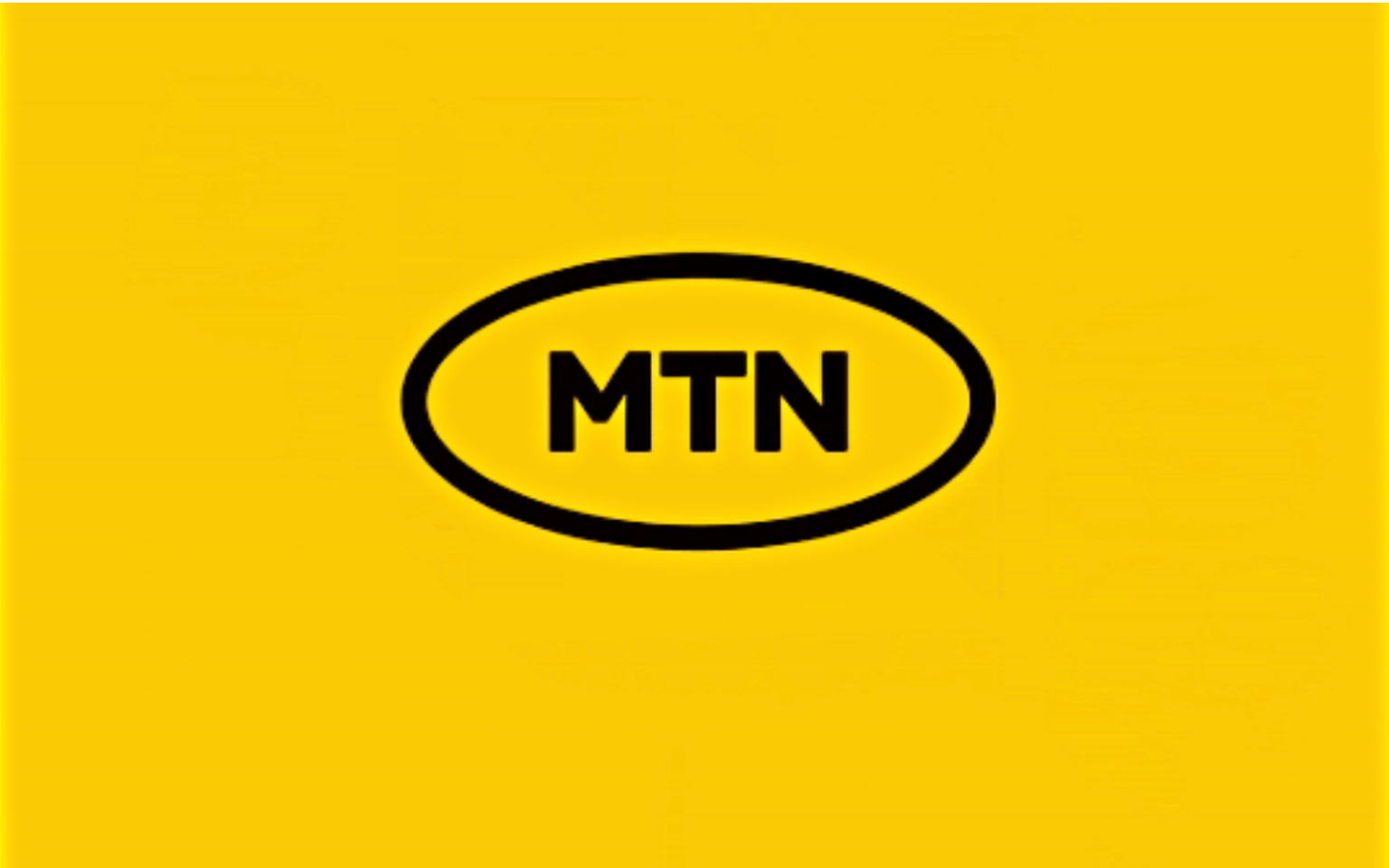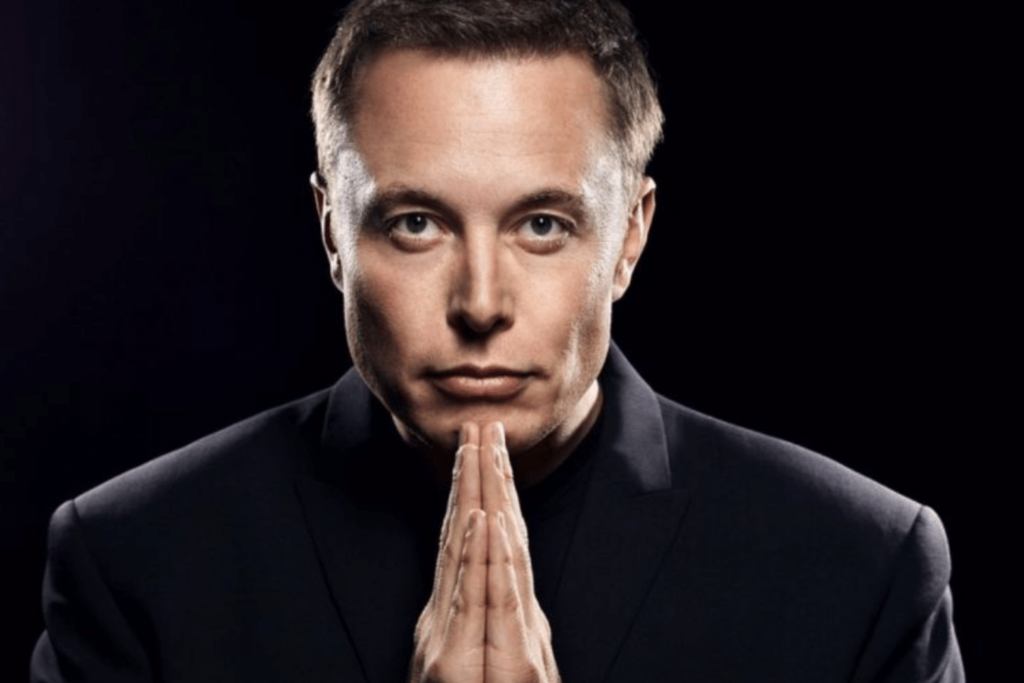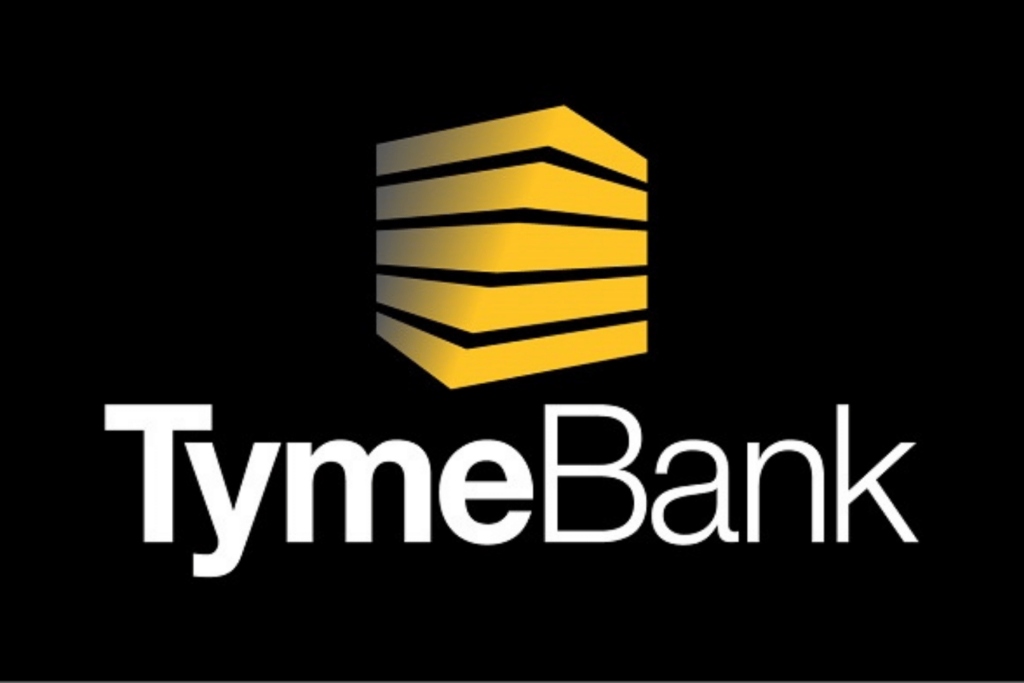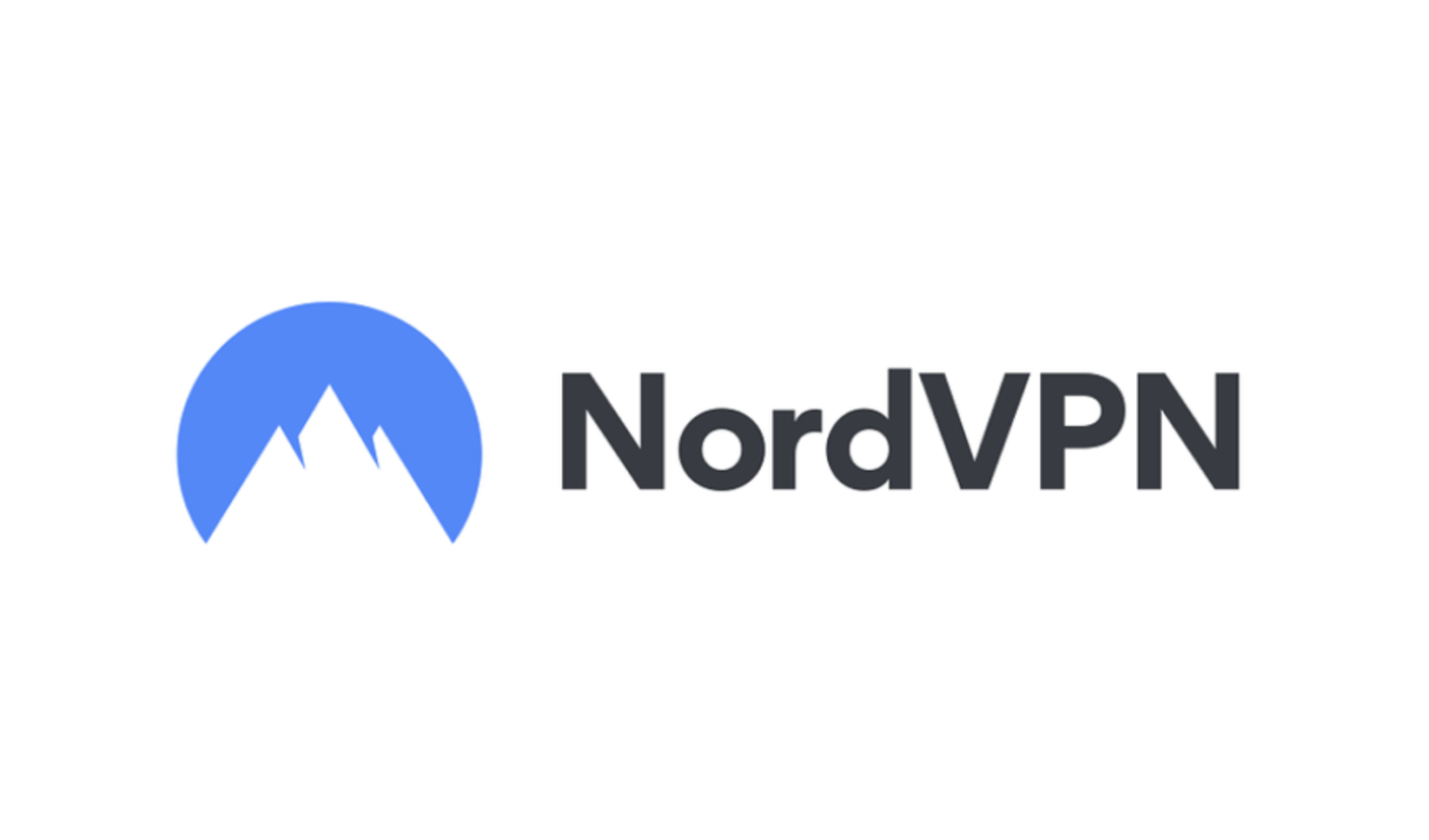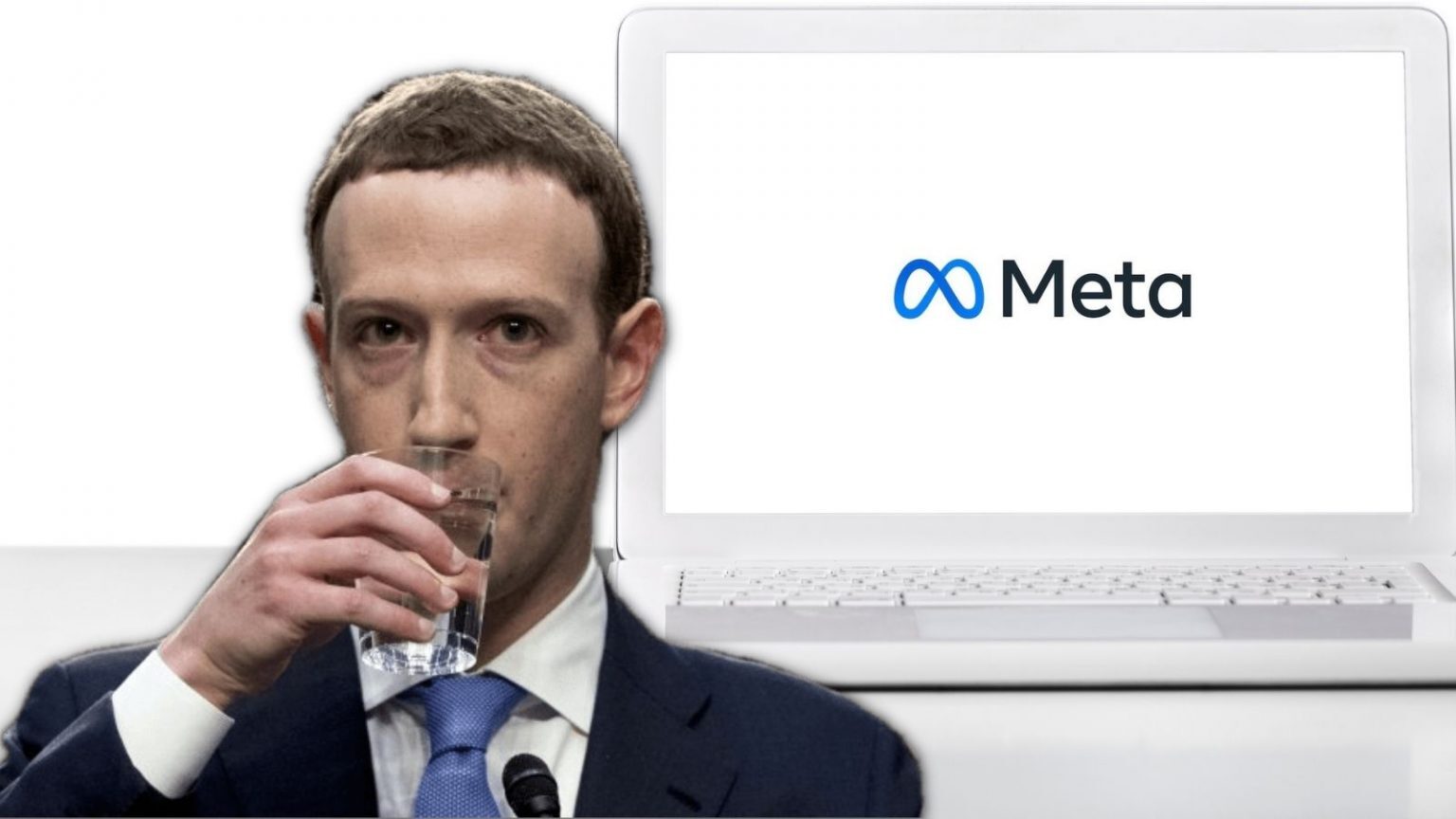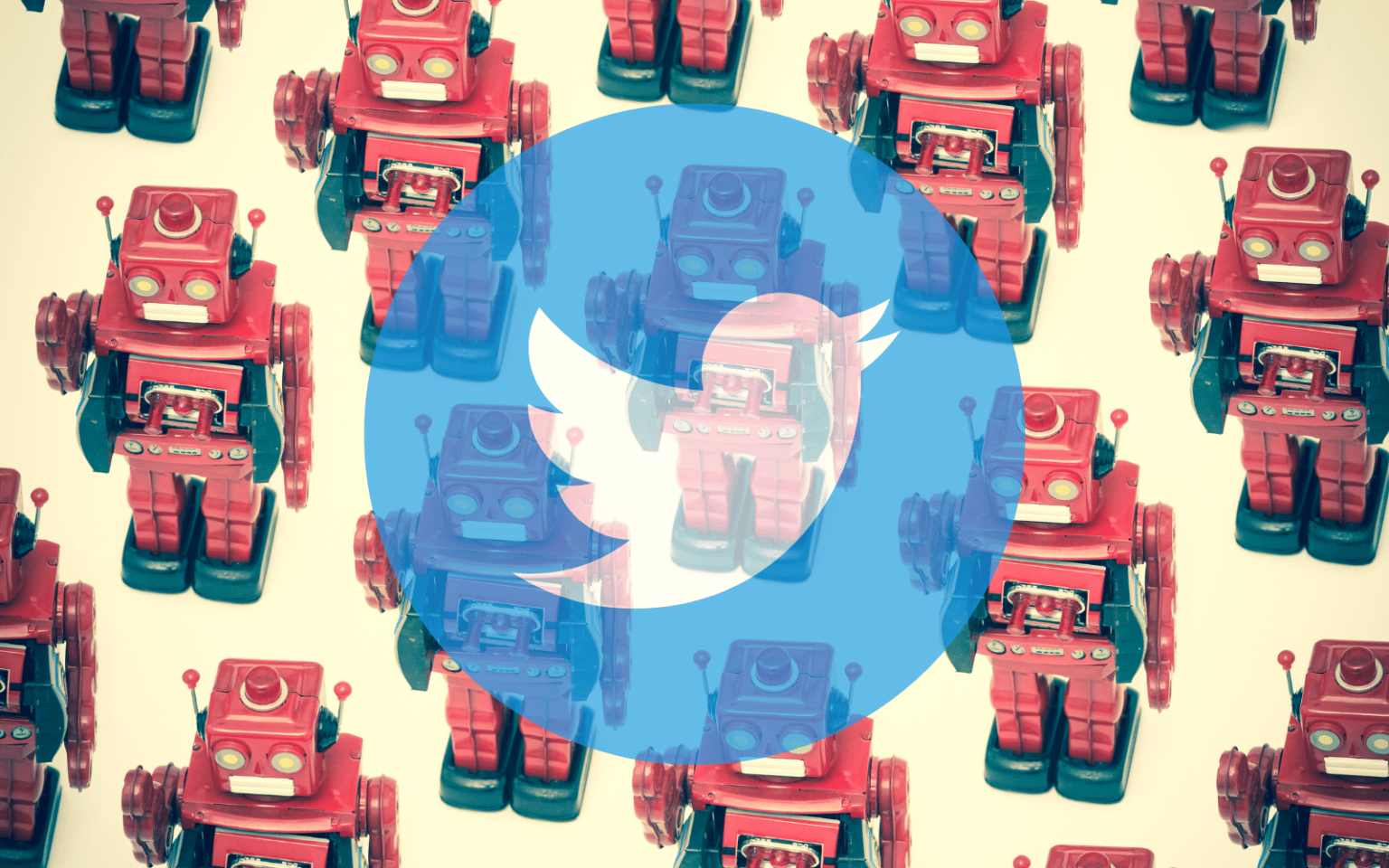After a 15-year wait, the government has suddenly leapt into, well, more talk about how is going to solve Eskom’s rolling blackouts. Only politicians seem to think making a speech constitutes action, no matter how heartening it is to hear President Cyril Ramaphosa actually address the most important problem in the country. To say South Africans are skeptical is an understatement. Just a few weeks ago, Ramaphosa was talking about a second Eskom. When he announced the 100MW increase in self-generation capacity last year, it seemed like a breakthrough. But in the background, nothing changed. All the unnecessarily long processes…
Author: Toby Shapshak
For the past fifteen years, the social media revolution has been led by Silicon Valley. Facebook and Twitter (following on from MySpace et al) came to define this new form of content sharing – using targeted advertising based on personal information to become a $1-trillion company and make CEO Mark Zuckerberg and his lieutenants the most powerful (and some of the richest) people in the industry. After controversially acquiring Instagram and WhatsApp, Facebook then broke most of its privacy promises and began assimilating these diverse caches of data into one giant database that it has admitted (internally) that it has no idea…
It’s a no-brainer for MTN to buy Telkom, for both companies. To oversimplify it, MTN has lots of cellular subscribers and a smooth-oiled operation that has made it the largest cellular operator in Africa. Telkom has a large fibre infrastructure business (now called OpenServe) and lots of juicy spectrum for future wireless broadband. The telecoms industry has markedly changed in the past two decades. Cellular operators were once just selling voice calls, until a range of factors began turning them into much more than just that. Internationally, operators have been buying up fixed-line assets as these fibre connections are not…
How did a bullied introverted Pretoria school boy become the world’s richest person and arguably humanity’s greatest change-agent? Michael Vlismas, who went to the same school, has produced an extensively researched biography that does a great job of unwrapping Elon Musk’s remarkable life story. He tells Stuff Studios editor-in-chief Toby Shapshak about writing the first South African biography about Musk. Also available on Apple podcasts | Spotify | Google podcasts
After convincing South Africans to be healthier through its Vitality programme, Discovery took this shared-value incentivisation idea to car insurance. The better you drive, the less insurance you pay – and fewer accidents happen. This highly successful Vitality Drive telematics has already been exported to the UK and is now being launched in Saudi Arabia. Discovery Insure deputy CEO Francois Theron and head of telematics Ilan Ossin tell Stuff Studios editor-in-chief Toby Shapshak about how South African innovation is going global. Also available on Apple podcasts | Spotify | Google podcasts.
I am deliberately writing this on my new iPad Pro, which is balanced on my knees. I am on a mission to see if a pro tablet can replace my laptop. It’s partly experimental, to see if the technology is truly as ready for this as all the people I know who use their iPads as their primary computer. At least one of them runs a bank. Going (iPad) Pro Two years ago, I bought my wife an iPad Pro 12.9-inch, with an Apple Pencil, to see how it would work for her as a lawyer. Some of her colleagues…
Having successfully launched in South Africa, and with an imminent launch in the Philippines, TymeBank is looking for further international expansion. Current SA CEO Tauriq Keeran tells Stuff Studios editor-in-chief Toby Shapshak about his transition into group executive for growth projects. Also available on Apple podcasts | Spotify | Google podcasts
Using free public WiFi has its risks, not least other users snooping on your data. It may seem like a convenience, especially while travelling overseas, but you should never use it without a VPN. These virtual private networks create a secure tunnel, as it were, that other users on the same network can’t peer into or access your data. It’s one of the things I use whenever I use any free public WiFi – anywhere. It’s part of the utterly essential cybersecurity checklist we should all follow. We must “prepare our laziness in advance” NordVPN’s Karolis Pabijanskas told Stuff –…
Mark Zuckerberg should be held personally responsible for the Cambridge Analytica scandal in 2016 that effectively helped elect Donald Trump as US president, says Washington DC’s attorney general Karl Racine. “At all times relevant to the lawsuit, evidence showed Mr Zuckerberg was responsible for and had the clear ability to control Facebook’s day-to-day operations,” Racine said. “This lawsuit is not only warranted, but necessary, and sends a message that corporate leaders, including chief executives, will be held accountable for their actions.” Racine wants Zuckerberg to pay, and has previously tried to sue the Facebook founder. In May, he charged Zuckerberg with…
A poop emoji. That is what Elon Musk tweeted after CEO Parag Agrawal wrote a thread about “spam” clearly in response to Musk’s contention that Twitter has more than the 5% of fake accounts or bots it claimed in regulatory filings. This follows Musk’s apparent revealing of confidential information (that Twitter randomly selects 100 accounts to survey for bots) and putting his controversial $44 billion takeover “temporarily on hold” over whether the 5% fake accounts is accurate. He has since tweeted he thinks it is more like 20%. Agrawal’s response, he tweeted, would be done “with the benefit of data,…


